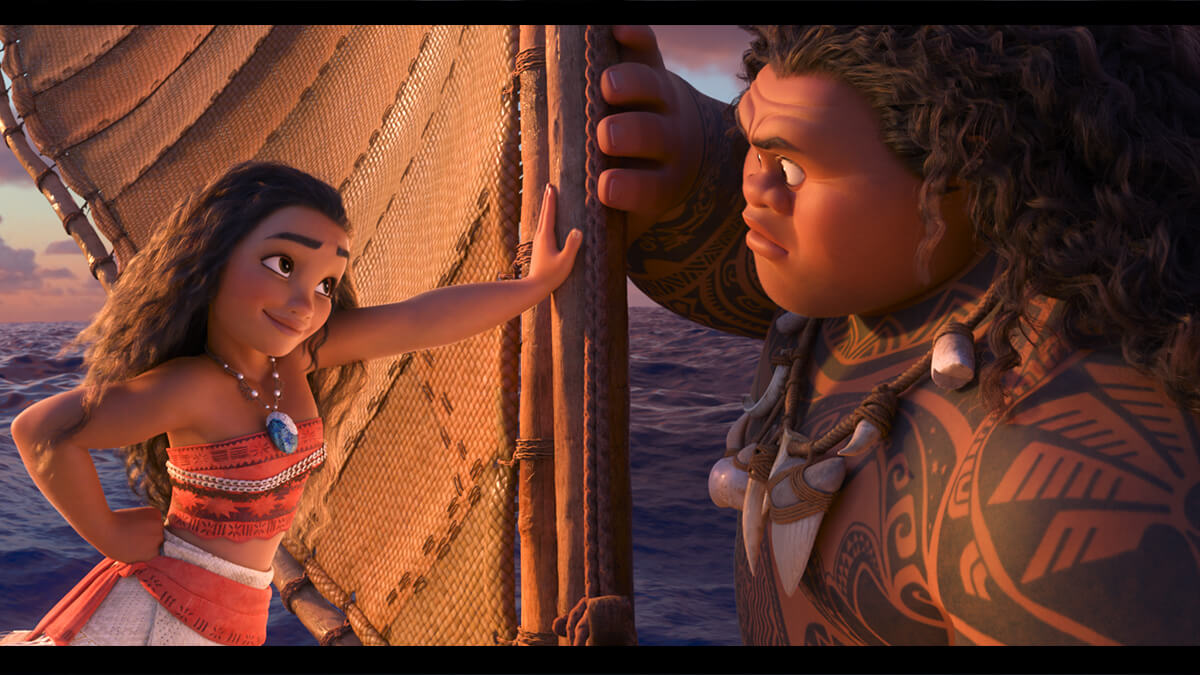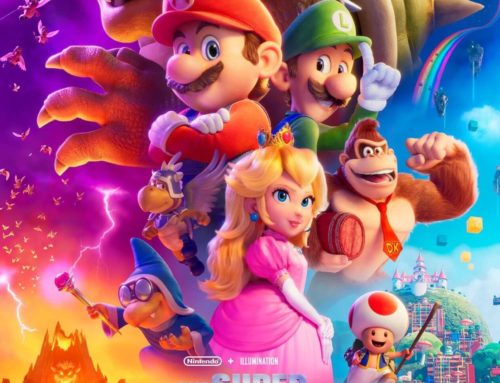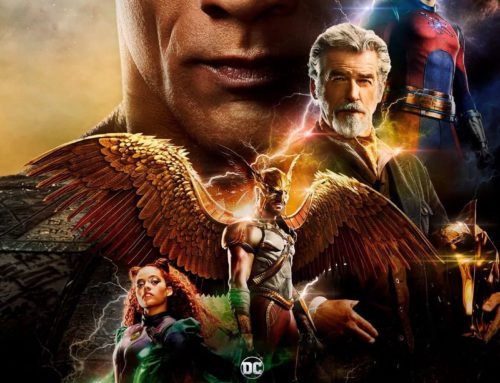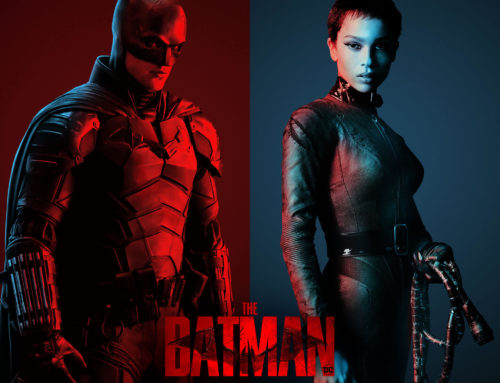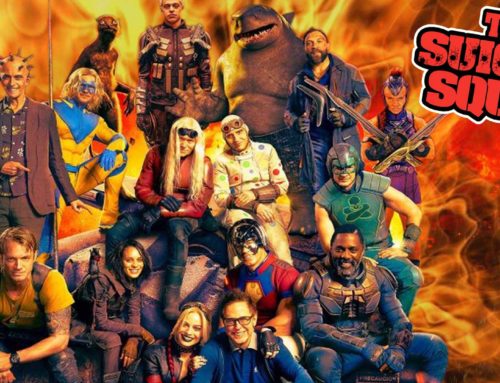Disney continues badass feminism in its latest hit Moana
While Frozen had broken serious ground when it came to Disney’s flagship “princess” films, Moana just achieves more.
Disney’s Moana is yet another breakthrough for the studio in terms of rich storytelling, compelling titular characters and awe-inspiring imagery. Released in U.S. theaters on Thanksgiving weekend, the film is a hit to both critics and moviegoers alike.
Moana tells the story of an adventure-seeking teenage girl from the islands of Polynesia who sets out on a journey to save her island from decaying crops and a multitude of other problems. These problems being caused by the mischievous Maui, who had stolen the heart of Te Fiti a thousand years earlier. As the Chief’s daughter, Moana struggles to put the pride of the island and her people before her love of the dangerous sea beyond the island’s reef. She does so as she matures from child to teenager, loving her people just as a Chief’s daughter should. When problems arise and the island’s livelihood is in danger, she then chooses to take to the sea and seeks out Maui to restore the heart of Te Fiti.
Moana vs. Frozen
Dare I say I enjoyed this film more than Disney’s Frozen? I dare and declare. While Frozen had broken serious ground when it came to Disney’s flagship “princess” films, Moana just achieves more. As a woman who grew up with Disney princess films, watching the new generation of these films further convinces me Disney knows how to get it right and not with a single film, but now two. Disney avoids cringe-worthy stereotypes in favor of a strong female lead who is proud of her heritage and puts herself in peril for a better future. While Frozen pokes fun at Disney’s past films, Moana doesn’t need the self-deprecation to prove the point.
No male love interest is anywhere in sight to distract Moana from her goal. The love of family, (again similar to Frozen) and love of community drives this film. Moana, willing to quell her love of the mysterious sea to serve her people, is shown the importance of her role to the future health of the island. Her “sacrifice” lasts all of ten minutes, but it’s an earnest ten minutes. Moana doesn’t consider venturing out again until she discovers her ancestors’ history as voyagers at the behest of her grandmother, Gramma Tala, and that maybe she can save her island by journeying “beyond the reef”.
The lack of a potential suitor, her genuine love of her family and people, her willingness to learn and to do what’s necessary makes Moana a stronger heroine than that of Frozen’s Anna and Elsa. Even when Maui bails on her, Moana forged on with an inner strength greater than the demigod’s. Both films employ a villain-that’s-not-really-a-villain. It works because not everything can be drawn like a line in the sand, which is and was refreshing for both films.
Maui, voiced by Dwayne Johnson, provides well-timed comic relief and the interaction between him and Moana are among the best scenes in the movie. His affable, overbearing and audacious nature complements Moana, who was just finding her place in her world. Despite their rough start, Maui “earns” his Moana tattoo by the film’s end, having grown just as much as she did.
Moana vs. Pocahontas
After reading reviews that compare Moana and Disney’s The Little Mermaid (1989), I think Moana could really be compared to Disney’s Pocahontas (1995). Both Pocahontas and Moana have to find their own way to serve their people. The importance of that responsibility shown to both of them by their fathers. While Pocahontas would be fulfilling said responsibility through marriage, I have to appreciate the fact the film introduced Disney’s first interracial couple. Pocahontas is also the first Disney princess to not have her “happily-ever-after” with her lover. She chooses her people and the well-being of John Smith over her own wishes.
Both heroines look to their grandmother-type figures for the wisdom and courage to follow their own paths, despite their fathers’ wishes, Pocahontas with Grandmother Willow and Moana with Gramma Tala. At the end of the film, Moana’s father sees her on her boat and says “it suits you”, verbatim the same words spoken by Chief Powhatan when gifting Pocahontas her mother’s necklace. A perfect and fitting homage to the earlier film.
All the funny, teary, sentimental and well, just about all the types of scenes you find in Disney films, are well done without being over the top. The ending is satisfying and throughout the whole film, you can feel Moana’s discovery of adventure and the discovery of her own bravery. This is a film I would recommend to anyone and especially to Disney “princess” film haters.
IMAGE: Source – Disney Animation Studios.


